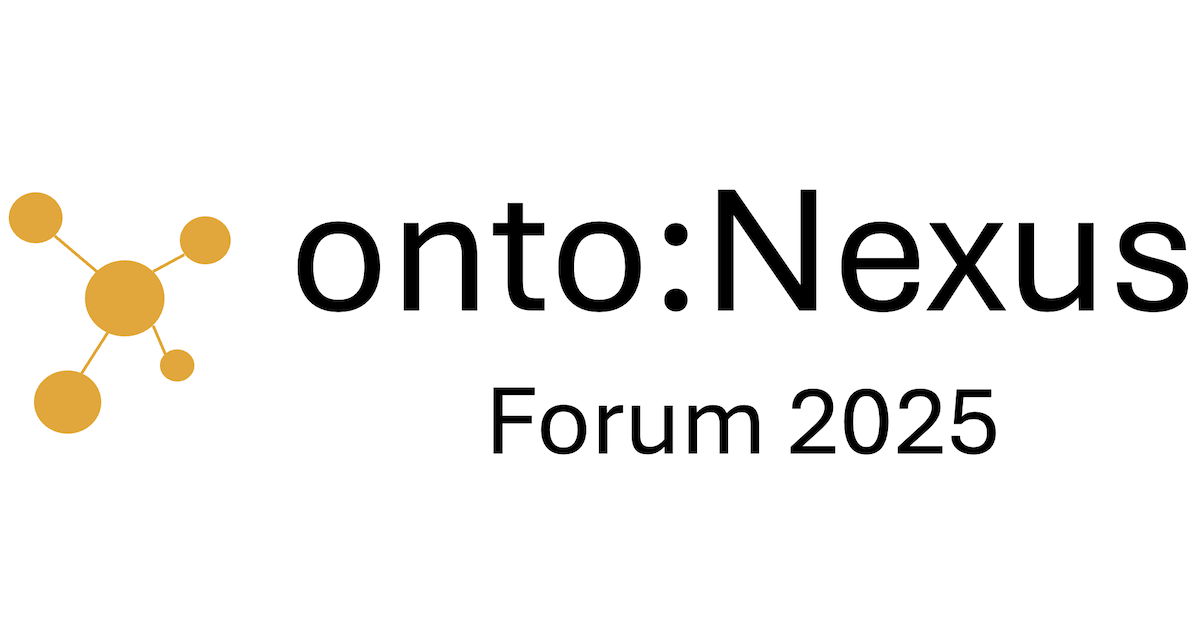Abstract
In recent years, the concept of the digital thread, which involves the integration of digital information throughout a system’s lifecycle, has gained significant attention in the field of digital engineering. This integration requires the seamless coordination of various engineering tools to facilitate data transfer and utilization. One promising application of the digital thread is in engineering education, where it has the potential to revolutionize the student experience. The Digital Engineering Factory (DEF) is a web-based platform currently under development at the University of Arizona to support systems and software engineering students. The DEF hosts numerous tools that span multiple engineering domains in a hub-and-spoke architecture that enables the integration of data into a comprehensive database. This tool-suite encompasses project management, enterprise architecture, acquisition, requirements, system and software architecture, analysis, verification, test planning, and manufacturing. These tools (the ‘spokes’) are connected via Violet (the ‘hub’). Relations can be added within Violet to provide cross-tool connections and, ultimately, end-to-end traceability. Moreover, the DEF is equipped to generate graph representations of datasets using the Ontological Modeling Language (OML). The combination of these graph networks with the University of Arizona Ontology Stack (UAOS) facilitates the application of semantic web technologies such as reasoning, validation, and querying. These technologies can be applied at the student-level (e.g., dashboard generation to support student learning objectives) and at the instructor level (e.g., query execution to support grading). In this paper, we present the outcomes of the deployment of the DEF in a systems engineering classroom. Students were divided into groups of six, with each student filling a particular role. The students were required to work with various tools hosted on the DEF, harmonize their data, and engage in cooperative model-based review and project commitment processes. The results indicate that the DEF provided the students with a holistic view of the end-to-end engineering process and successfully offered automated grading support to the instructor. Some issues with regards to the DEF’s automated workflows remain, however, and these will be addressed as work on the DEF continues.
Speaker

Joe Gregory
is a postdoctoral research associate at the University of Arizona. His research interests include digital engineering, model-based systems engineering, and the application of semantic web technologies to support engineering. In 2022, he received his PhD in Aerospace Engineering from the University of Bristol for his development of the SysML-based ‘Spacecraft Early Analysis Model’. He is the co-chair of the Digital Engineering Information Exchange (DEIX) Taxonomy Working Group.



